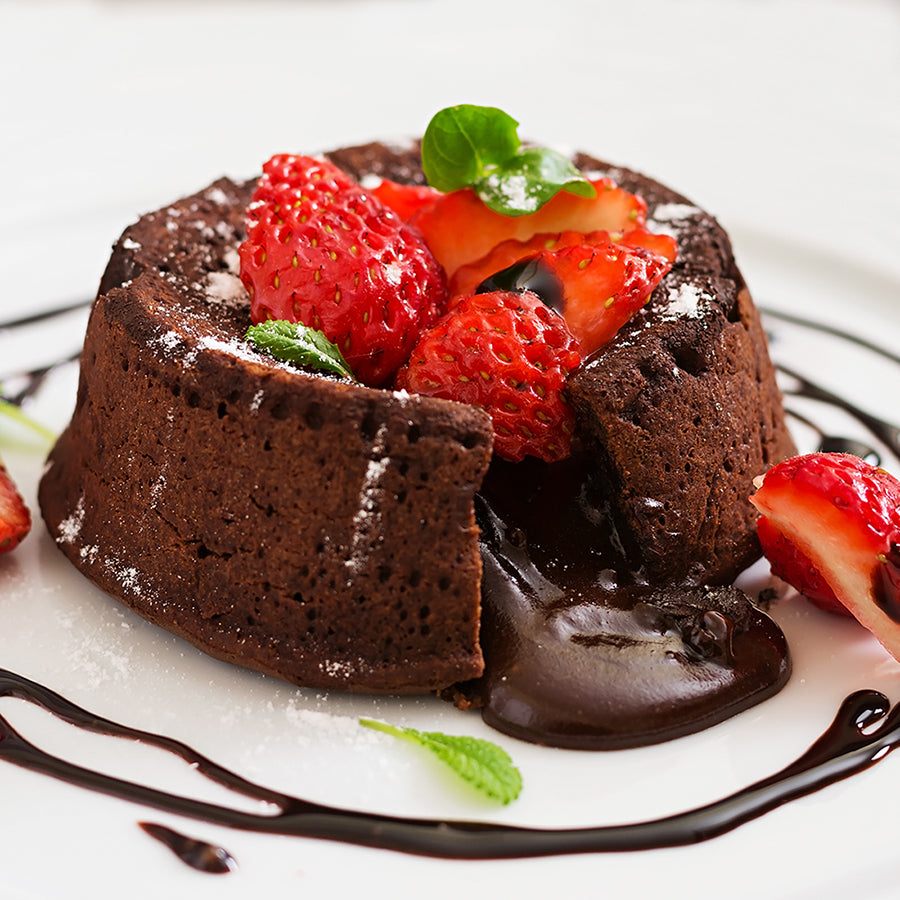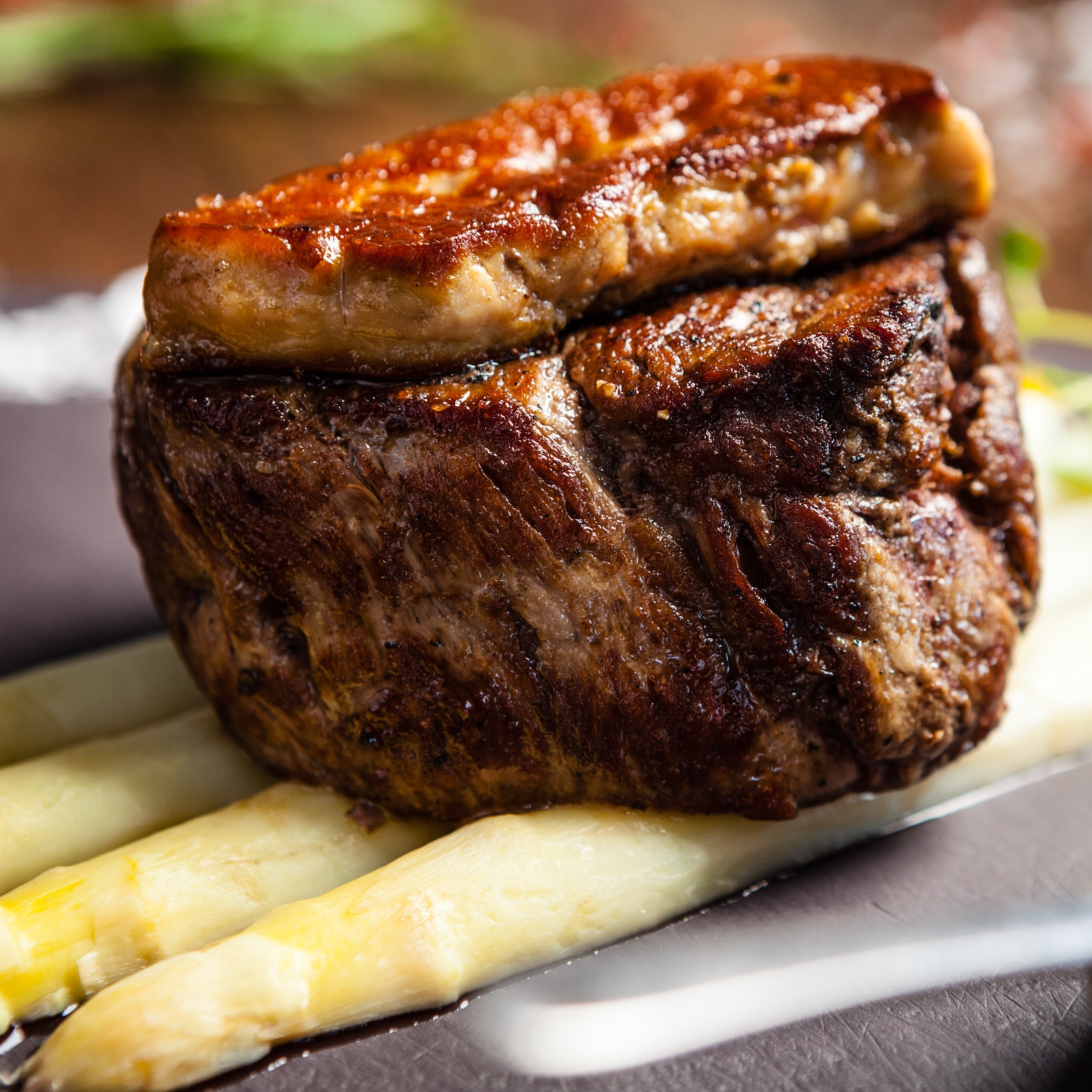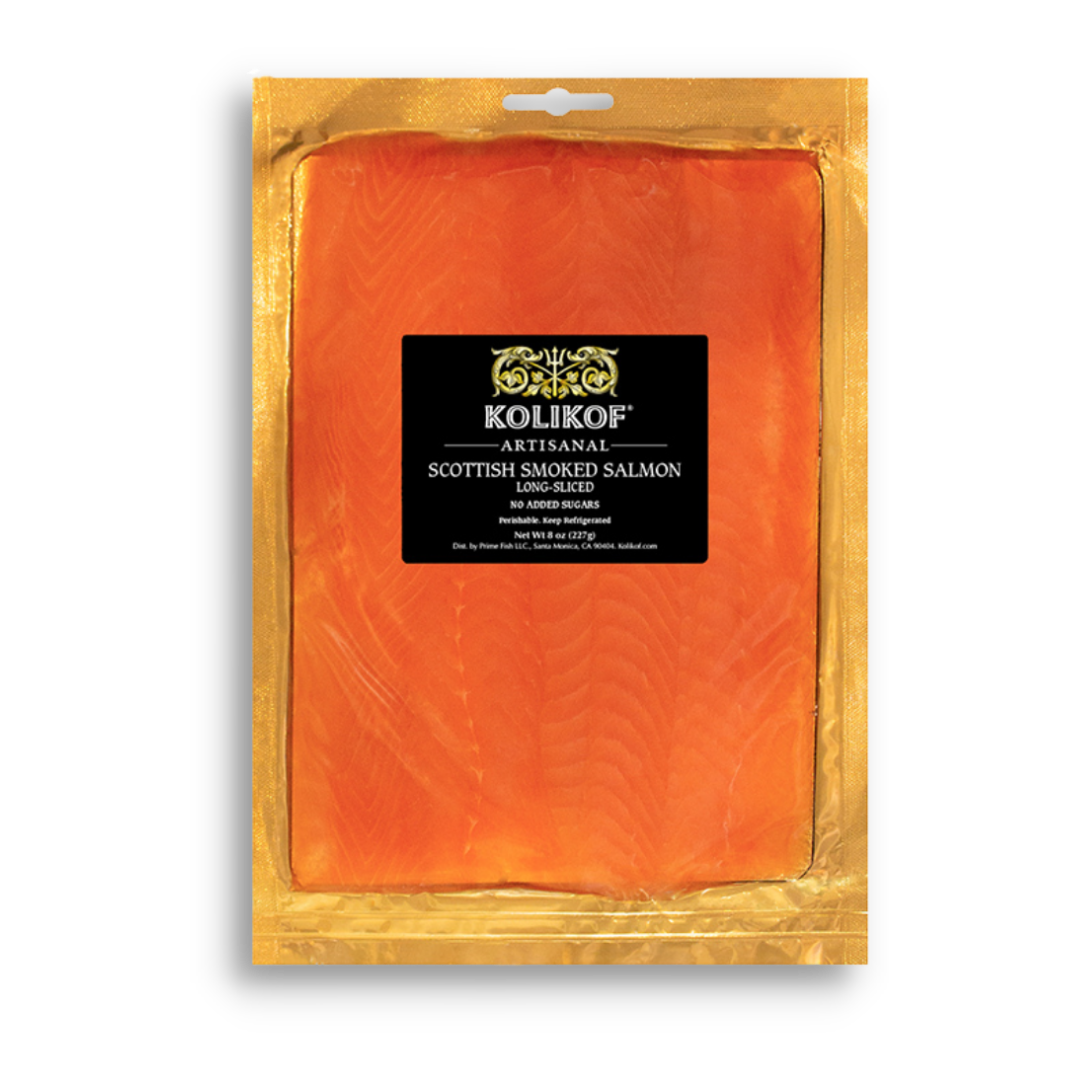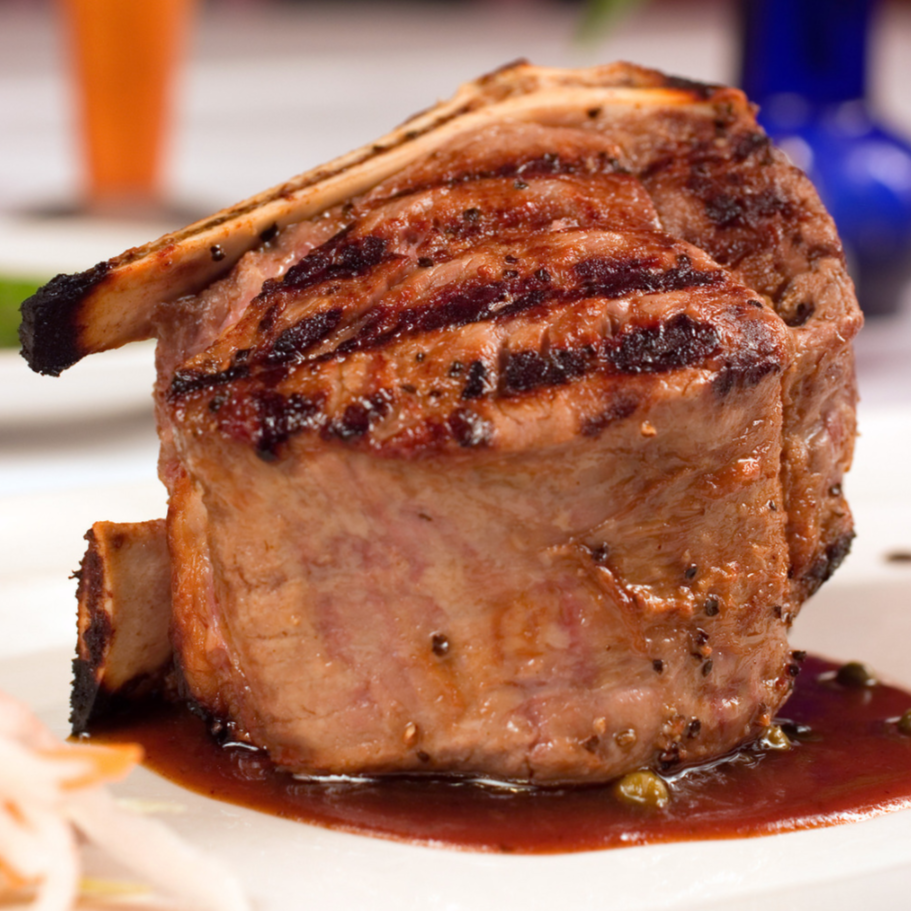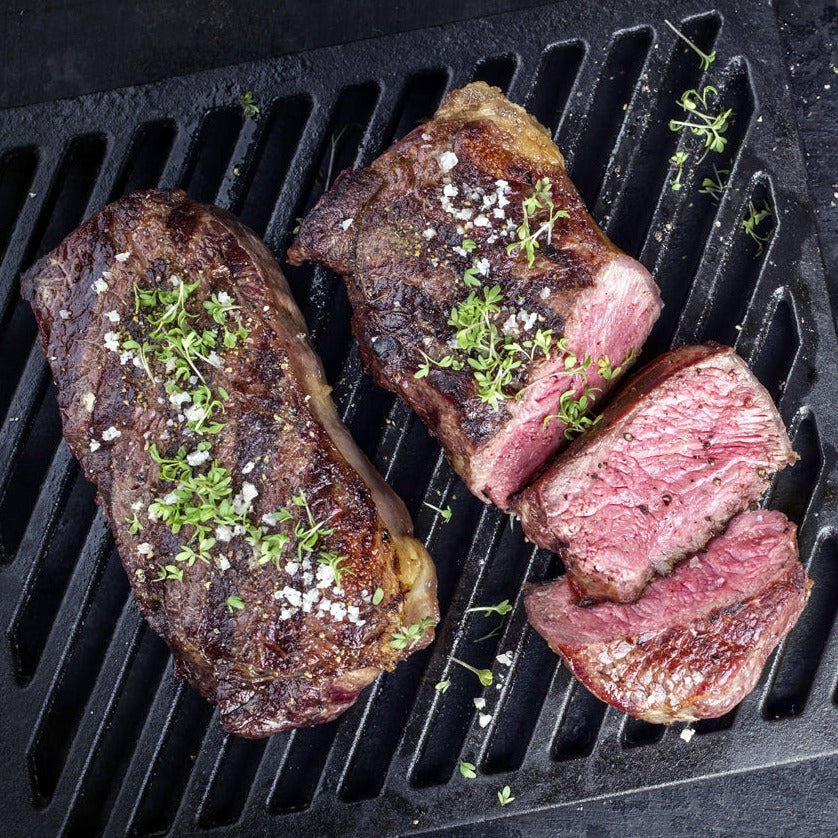Does Japanese meat have good cholesterol?
In recent years, people have become more concerned about the nutritional value of meat, especially regarding its cholesterol content. Cholesterol is a type of fat present in animal products that is essential to the human body's normal functioning. However, high levels of cholesterol can increase the risk of heart disease and other health problems. In this article, we will examine whether Japanese meat contains good cholesterol and how it can benefit our health.
Japanese meat is renowned for its high quality and safety, thanks to the country's stringent regulations on animal husbandry and food safety. Japan's unique diet and lifestyle have also been linked to the country's low rates of heart disease and other health problems. Japanese meat is produced using traditional methods that emphasize animal welfare, sustainable practices, and high-quality feed.
One type of cholesterol that has gained attention is high-density lipoprotein (HDL) cholesterol or "good cholesterol." HDL cholesterol helps to eliminate low-density lipoprotein (LDL) cholesterol or "bad cholesterol" from the bloodstream, lowering the risk of heart disease. High levels of HDL cholesterol have been linked to lower risks of heart disease and other health problems.
There is some evidence to suggest that Japanese meat may contain higher levels of HDL cholesterol than meat from other countries. A study published in the Journal of Animal Science and Technology revealed that Japanese beef contains higher levels of HDL cholesterol than beef from the United States or Australia. The study also found that Japanese beef had a higher ratio of HDL to LDL cholesterol, which could contribute to its health benefits.
One possible explanation for the higher levels of HDL cholesterol in Japanese meat is the country's traditional feeding practices. Japanese cattle are typically fed a diet of rice straw, which is high in fiber and antioxidants. This type of diet may increase the animal's HDL cholesterol production, leading to higher levels in the meat.
However, it's essential to keep in mind that the cholesterol content of meat can vary depending on the cut and preparation method. While Japanese meat may contain higher levels of HDL cholesterol, it is still a high-fat food that should be consumed in moderation as part of a balanced diet. It's also vital to consider the cooking method when preparing meat, as high-temperature cooking methods such as grilling or frying can produce harmful compounds that increase the risk of cancer and other health problems.
Apart from the potential health benefits, Japanese meat is renowned for its unique flavor and texture. Japanese beef is particularly coveted for its marbling, which refers to the visible fat streaks that run through the meat. Marbling helps to keep the meat tender and moist and contributes to its rich flavor.
In recent years, people have become more health-conscious about their food choices, including meat. Cholesterol is a type of fat present in animal products that can increase the risk of heart disease and other health problems if consumed in excess. However, not all cholesterol is bad. High-density lipoprotein (HDL) cholesterol or "good cholesterol" is beneficial to our health as it helps to eliminate low-density lipoprotein (LDL) cholesterol or "bad cholesterol" from the bloodstream, reducing the risk of heart disease. In this article, we will examine whether Japanese meat contains good cholesterol and how it can benefit our health.
Japan is renowned for its high-quality and safe meat due to its strict regulations on animal husbandry and food safety. Japanese meat is produced using traditional methods that emphasize animal welfare, sustainable practices, and high-quality feed. The country's unique diet and lifestyle have also been linked to its low rates of heart disease and other health problems.
According to a study published in the Journal of Animal Science and Technology, Japanese beef contains higher levels of HDL cholesterol than beef from the United States or Australia. The study also found that Japanese beef had a higher ratio of HDL to LDL cholesterol, indicating that it may contribute to its potential health benefits.
One possible explanation for the higher levels of HDL cholesterol in Japanese meat is the country's traditional feeding practices. Japanese cattle are typically fed a diet of rice straw, which is high in fiber and antioxidants. This type of diet may increase the animal's HDL cholesterol production, leading to higher levels in the meat.
However, it's important to keep in mind that the cholesterol content of meat can vary depending on the cut and preparation method. While Japanese meat may contain higher levels of HDL cholesterol, it is still a high-fat food that should be consumed in moderation as part of a balanced diet.
Apart from the potential health benefits, Japanese meat is renowned for its unique flavor and texture. Japanese beef, in particular, is coveted for its marbling, which refers to the visible fat streaks that run through the meat. Marbling helps to keep the meat tender and moist and contributes to its rich flavor.
It's essential to consider the cooking method when preparing meat, as high-temperature cooking methods such as grilling or frying can produce harmful compounds that increase the risk of cancer and other health problems. Opting for healthier cooking methods such as steaming or boiling can help to reduce the formation of harmful compounds.
In conclusion, Japanese meat may contain higher levels of HDL cholesterol than meat from other countries due to the country's traditional feeding practices. This may contribute to its potential health benefits. However, it's important to consume meat in moderation as part of a balanced diet and to consider the cooking method used. Japanese meat is renowned for its high quality and safety and can be enjoyed as part of a healthy and delicious diet.


